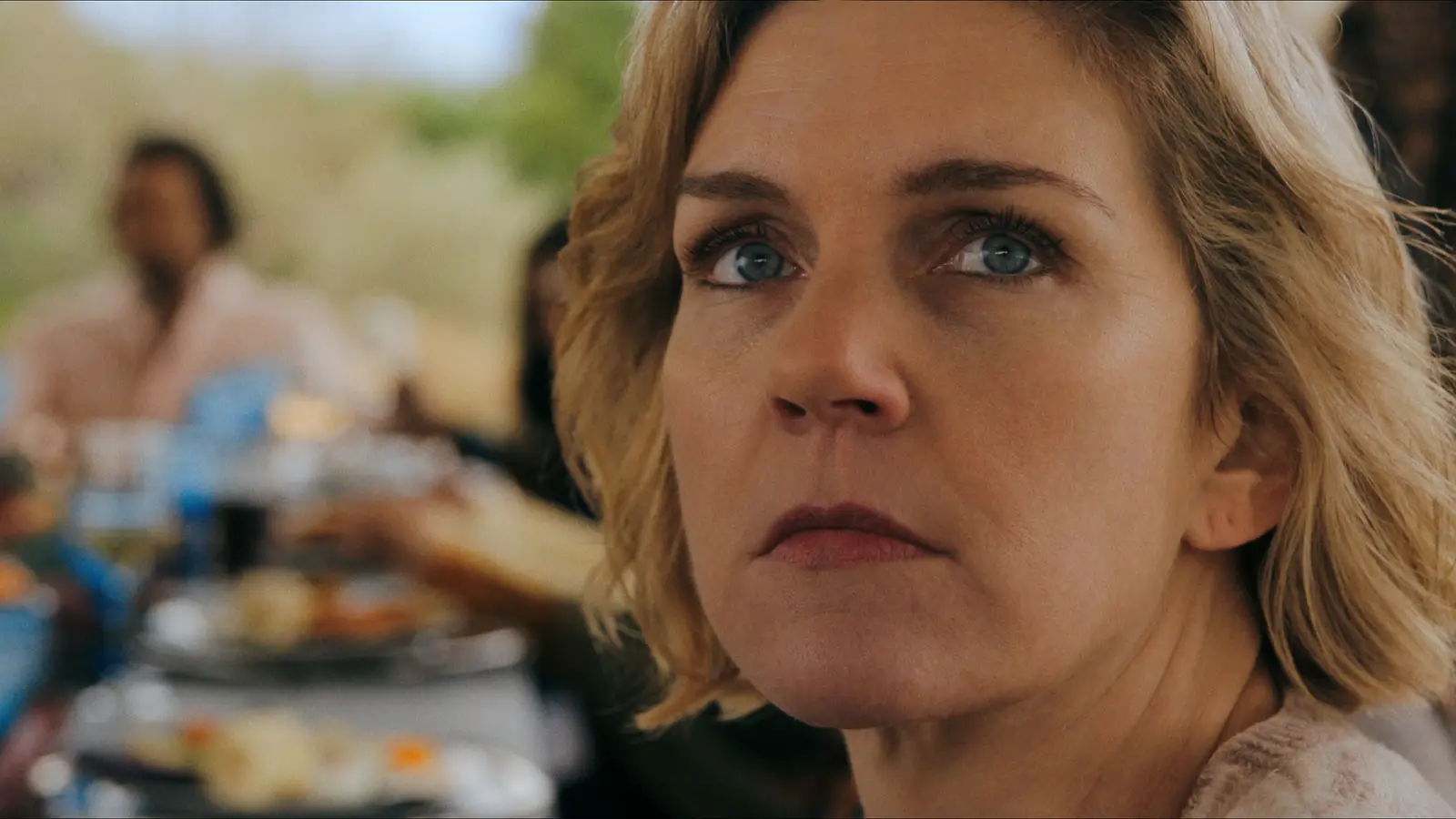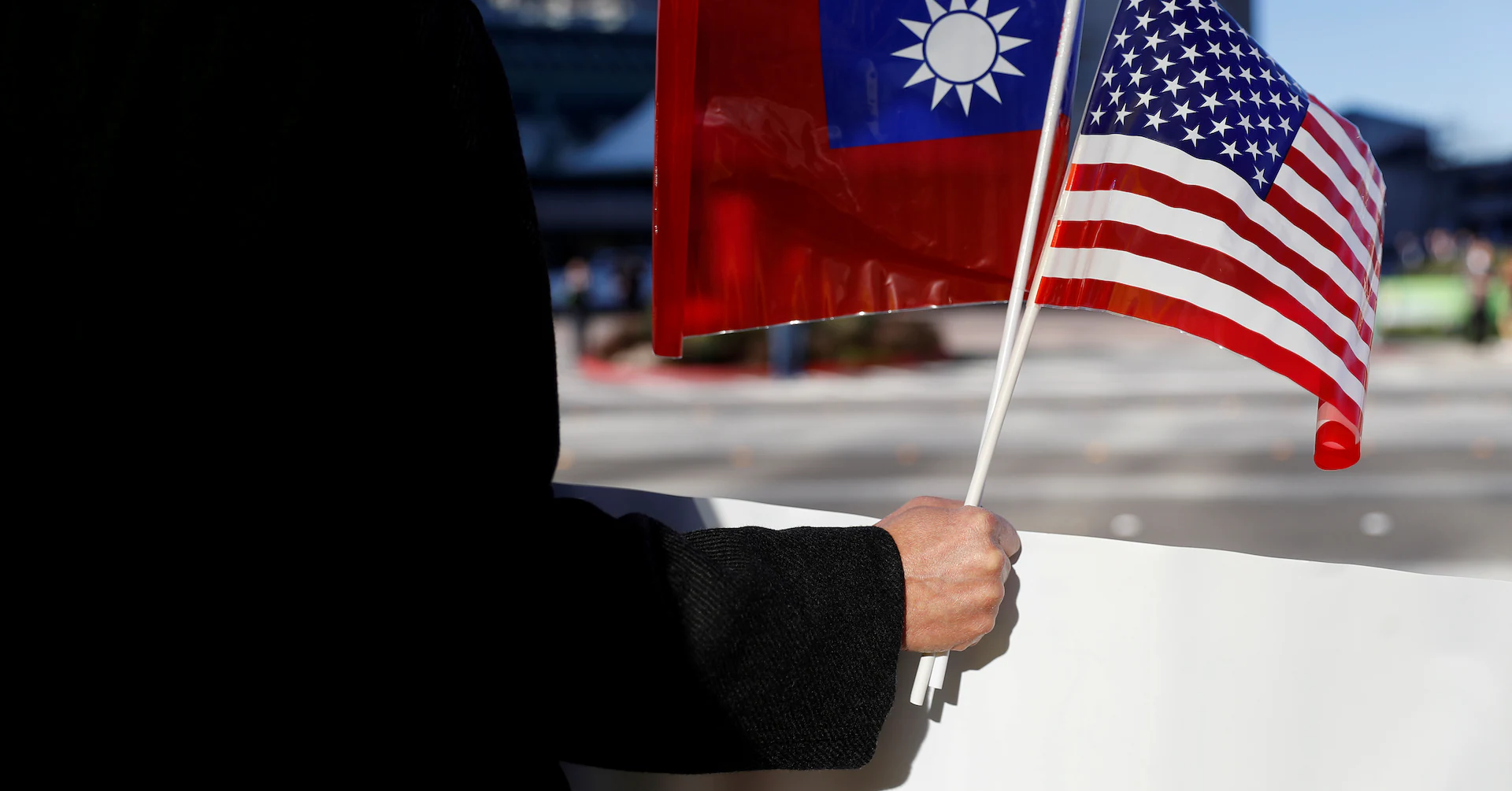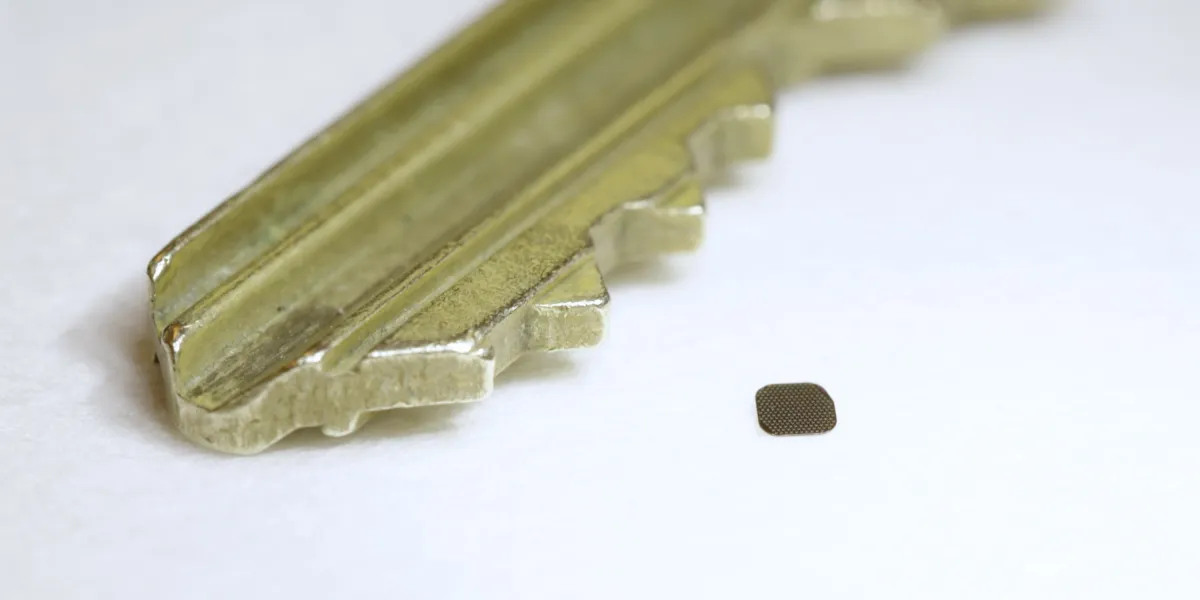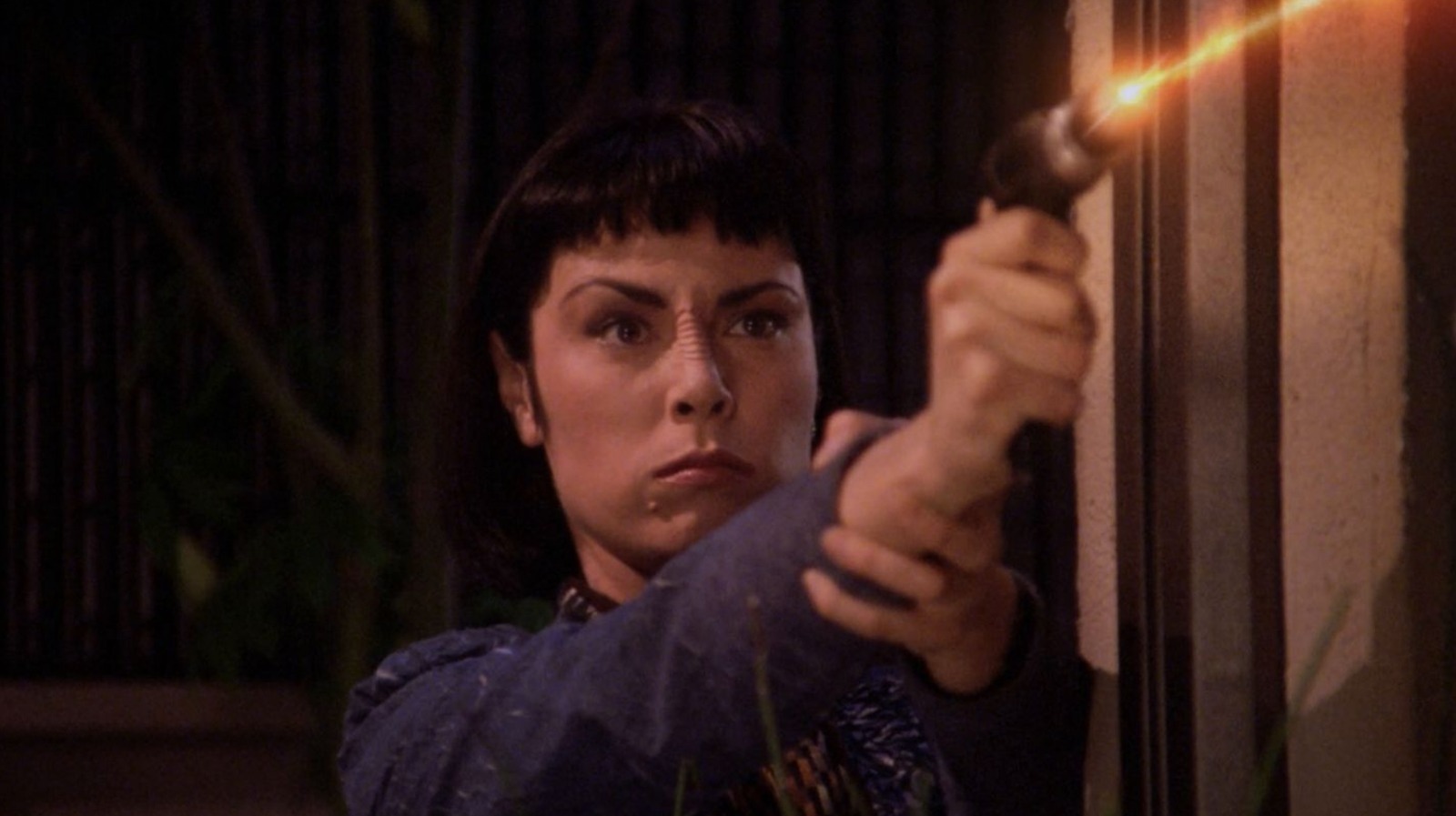Copyright Polygon

Severance caught us all by surprise. In 2022, almost nobody expected a high-concept science fiction drama from a first-time showrunner on a messy streaming service that Apple leadership didn’t seem particularly invested in at the time to be a runaway hit. Sure, Ben Stiller was involved, but only behind the camera, and Parks and Rec star Adam Scott didn’t exactly seem like an obvious pick for serious sci-fi storytelling. We all know what happened next. Severance became a massive success, mostly thanks to word of mouth, and when the show returned in 2025 for season 2, it was a cultural event. Apple is likely hoping lightning strikes twice with its latest high-concept sci-fi show, Pluribus, from Vince Gilligan (the TV auteur behind Breaking Bad and Better Call Saul who can seemingly do no wrong). But while there are plenty of comparisons to be made between the two, I don’t think Pluribus is the next Severance. I think it’s something even better. Pluribus takes place in the aftermath of a world-changing event that results in peace and happiness across the globe. I can’t say why without spoiling the show’s mesmerizing opening episode (stay tuned for our spoiler-filled conversation with Gilligan in another article), but everyone on Earth is suddenly blissfully content — with one exception. Carol (Better Call Saul breakout star Rhea Seehorn), a bestselling romantasy writer who secretly looks down on her obsessive fans, refuses to accept the new reality, and sets out to reverse it. Pluribus and Severance both revolve around heady sci-fi mysteries that immediately hook you, then unravel over multiple episodes and seasons. (Apple ordered two seasons of Gilligan’s series sight unseen, while Severance season 3 is confirmed and in pre-production.) But based on the first seven episodes provided to critics, Pluribus seems to be far less precious than Severance about doling out answers. Gilligan is happy to explain his Twilight Zone-esque premise as questions arise. (Perhaps mirroring his approach, the smiling citizens of this world seem equally eager to provide for Carol’s every whim.) By comparison, we still know almost nothing about Lumen, the mysterious corporation at the heart of Severance, or the true purpose of its trippy, titular scientific procedure, which surgically separates people’s memories and consciousness into distinct “work” and “home” personalities. There’s a lot of concern about whether Severance can deliver a satisfying answer to those mysteries. (Comparisons to Lost abound.) While I share those concerns, I don’t feel the same way about Pluribus. Not only does Gilligan have a pristine track record when it comes to delivering satisfying TV finales, he also has a talent for ending his shows at the exact right time, neither wrapping up the story too early nor wearing out his welcome. And while he’s readily admitted that he doesn’t know exactly where Pluribus is headed yet, I have faith he’ll figure it out. Pluribus isn’t as flashy as Severance, either: It doesn’t have an ultra-stylized aesthetic or any flashy camera tricks. But Gilligan knows where to place his camera to get the best shot, while taking full advantage of New Mexico’s beautiful desert landscape. There are moments of genuine beauty here, along with the type of comedic camerawork Gilligan does best. I haven’t seen anything yet on the level of Breaking Bad’s iconic pizza-on-the-roof visual, but Pluribus’ early episodes come close. Whether Pluribus can achieve the same success as Severance remains to be seen. Will it dominate pop culture and inspire endless fan theories and speculation? Ultimately, I’d argue that matters less than whether Gilligan can deliver a satisfying experience, and he’s already well on his way to doing just that. Pluribus premieres Nov. 7 on Apple TV.



